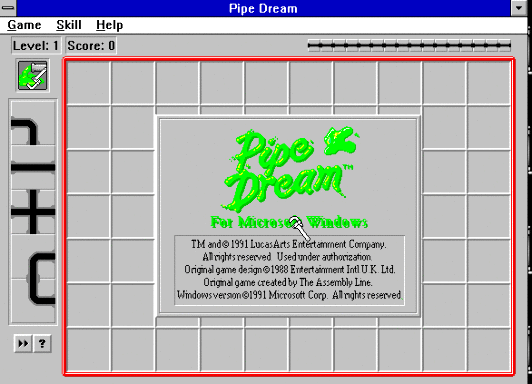The only difference is whether you write the number guesses down on paper or keep the number guesses in your head. You are definitely guessing and trying out your guess, pencil or no.
i would not agree with that definition and it is not my understanding.
To accept that then Deductive reasoning and Quantitative Reasoning are merely guesses and i don't think anyone in science or math would accept that.
A guess is when you fill in a number and have no basis for it (basically a coin flip between options) and then you proceed as if that is correct, and one of two outcomes occurs. You either hit a wall, where you end up with the same number twice in a quadrant and KNOW you made a mistake OR you continue without error and KNOW your guess was right.
There was no reason or logic underpinning your method and you just basically flipped a coin and 'hoped' and the only reason you know your are right or wrong is via the outcome that you cannot explain.
In deductive reasoning you have limited information at the time, and thus substitute an option in as 'X', you then apply a number of tests to either 'include' or 'exclude' X as correct or incorrect, and you are utilizing quantitative reasoning to vett it.
So you are not proposing any answer (guess) before you have vetted, tested and determined if it is accurate or not and can prove it.
----------------
In the end the way you define 'guess', matters. If you say any scientific or mathematical conjecture is a 'guess' when conceived, and before being tested and excluded or included, then I would accept your point, but again I do not think that is a valid or accepted way to define that.
@rj144 , ...any comment on the above (specific to the scientific or mathematical method and 'guessing')??





